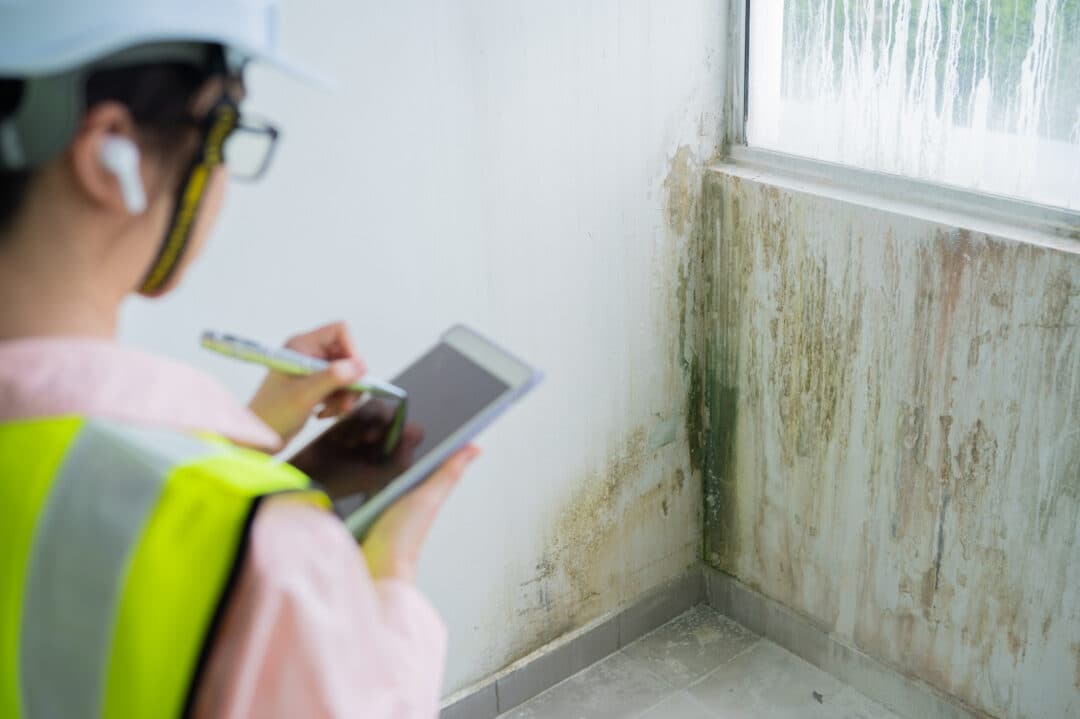13 things you need to know about the Leasehold & Freehold Reform Bill

The Leasehold & Freehold Reform Bill is the latest piece of legislation the current Government wants to push through before the General Election. If the contents become law, they will represent the biggest shake up of the leasehold and freehold system for generations. Viewber has read the details and here are 13 key points to take-away.
1. The Leasehold & Freehold Reform Bill has had its first reading
The Government started to tackle issues within the leasehold system as far back as 2017 but it stepped up its efforts recently by introducing The Leasehold and Freehold Reform Bill to the House of Commons on 27th November 2023. The Bill’s second reading was scheduled for 11th December 2023.
2. There was a huge error in the Bill
The details of the Bill were written up in a hurry due to an impending deadline to adopt the Bill as law before the next General Election (which must take place before January 2025). In haste, the key clause to end leaseholds on newly built houses in England and Wales was omitted in error. It is hoped the measure will be inserted into the Bill via an amendment in the Commons or Lords.
3. The Bill may get changed…or not happen at all
A Bill has to go through a number of steps before it can become law. These stages, which include first, second and third readings, plus reporting and committee stages, allows members of the House of Commons and the House of Lords to amend the contents and even remove aspects. So although what is outlined below is what the current Government would like to implement, it is not guaranteed.
4. Not all leaseholds are being banned
The devil really is in the Bill’s details. The Government wants to ban new houses being built and sold as leasehold properties. The Bill, however, stops short of banning new build flats/apartments with leaseholds.
Some MPs, however, will push for a ban on new leasehold flats/apartments as the Bill works through the stages detailed above. For reference, the Labour stance is that all new properties should be built and offered, by default, as commonhold.
Additionally, the suggested leasehold reform applies to newly built homes, so existing leaseholders won’t find their leases are scrapped as a result of the Bill.
5. The standard lease extension term will be extended
At present, the standard lease extension term is 90 years. Under the Government’s reforms, this would increase to a new standard of 990.
6. How ground rent is calculated when a lease is extended will change
Ground rent is seen as a charge without discernible benefit to the leaseholder. The Leasehold Reform (Ground Rent) Act 2022 already means owners of new homes with a long lease cannot be charged a ground rent of more than one peppercorn per year.
Now, the Government wants to consult on how ground rent can be reduced for those extending their current lease. The options outlined include: capping ground rents at a peppercorn rate for existing leaseholders; freezing ground rents at current levels and capping ground rents at a percentage of the property value.
7. Leaseholders won’t need to find an actual peppercorn
No one will need to rush off to the herbs and spices section of their supermarket. Peppercorn rent is now used as a token phrase and usually means the leaseholder will pay nothing. Its roots are reputed to be in the 16th century, when rents were paid in peppercorns and not cash, as the spice was a valuable commodity.
8. Leaseholders will be able to extend a lease straight away
If you buy a leasehold property, you currently have to wait until you have lived there for two years until you can apply to extend the lease. The Government, however, thinks this is unreasonable. Proposed reforms will allow leaseholders to request to extend their lease from day one of ownership.
9. There will be changes for leaseholders in a mixed-tenure, mixed-use buildings
It remains a more complex pathway for leaseholders in mixed-tenure, mixed-use buildings to extend their lease, take over the building’s management or buy a share of the freehold. The Bill sets out to make these more viable, straightforward options.
10. Processes should get simpler and cheaper
Extending a lease or buying the freehold (or a share of) can be a convoluted, drawn-out process – laden with jargon and involving hefty legal fees. The proposed Bill claims it will be ‘cheaper and easier’ for people to extend their lease or buy the freehold.
11. Leasehold properties may rise in value as a result
Many owners of leasehold properties lament the fact their home depreciates in value every year that runs down on their lease, with an extension often out of a leaseholder’s budget or too complex to execute.
As a result, many leasehold properties – especially those with leases that have less than 80 years to run – are sold well below market value. If the full set of reforms take effect, the ease and cost of lease extensions will hopefully boost the value of leasehold properties and make them easier to sell.
12. Other leasehold changes have been put forward
In its overarching push to reform the leasehold system, the Government wants leaseholders to have better access to a redress scheme should they have complaints, for there to be better transparency over leaseholders’ service charges and for leaseholders to not automatically pay a freeholders’ legal costs when challenging poor practice.
13. It’s slightly different for those in Wales and Scotland
The Leasehold & Freehold Reform Bill mainly affects those living in England. In Wales, the devolved Government is pursuing its own set of leasehold reforms, although The Leasehold Reform (Ground Rent) Act 2022 is applicable. Leasehold agreements are rare in Scotland, where a commonhold agreement is more widespread.
Viewber will monitor the Leasehold & Freehold Reform Bill as it makes its journey through the two Houses of Parliament and report if anything interesting looks like it might change. To learn more about our property visit or inspection services to look after any property you own or manage, please contact the team.



